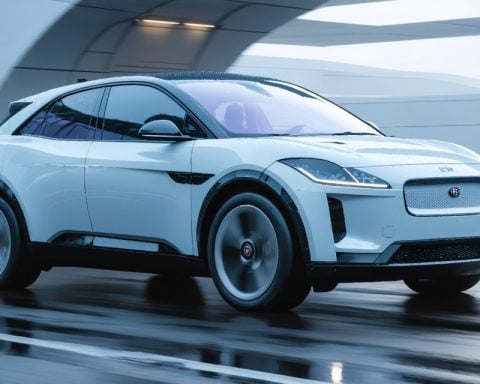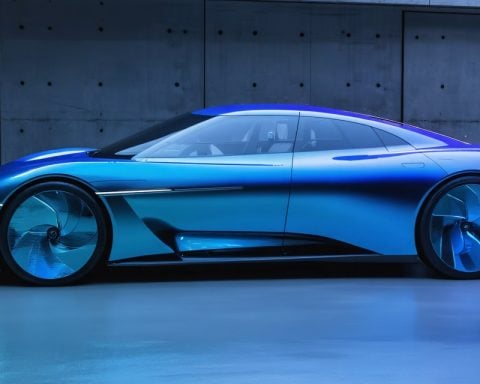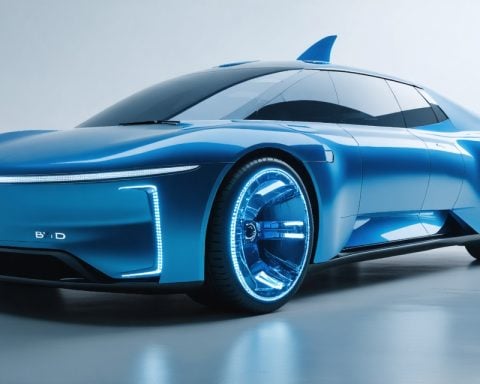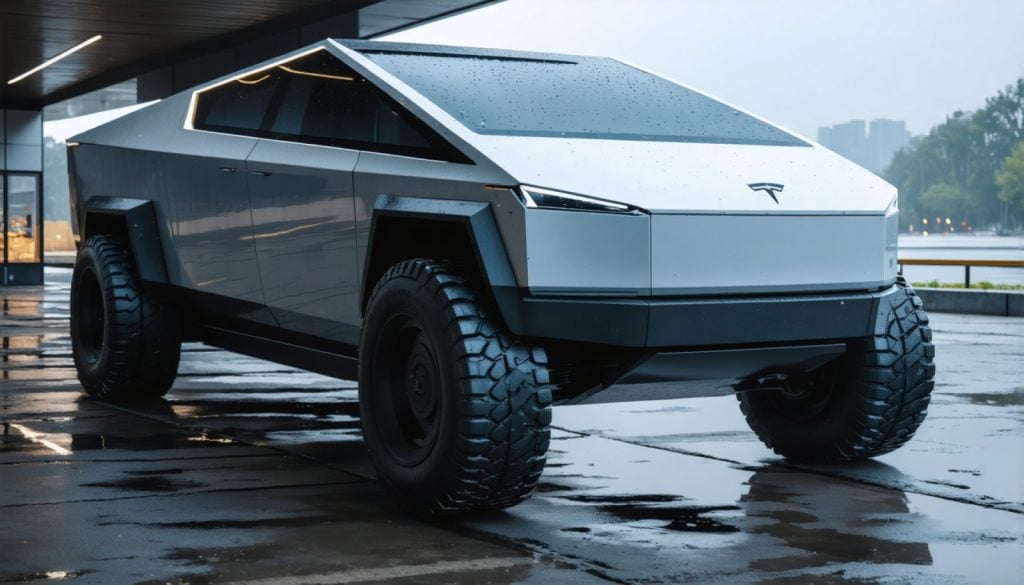- Tesla, once an electric vehicle icon, faces challenges due to Elon Musk’s political involvement.
- Musk’s role in the Department of Government Efficiency prompts public protests and legal issues.
- Public perception of Musk negatively impacts Tesla’s image, with calls to boycott the brand.
- Tesla risks losing crucial federal tax incentives while competing globally in the EV sector.
- Sales declines in key markets like Germany and France indicate shifting consumer preferences towards alternatives like Ford and VW.
- The controversy underscores the importance of balancing innovation with public perception for brand strength.
In the sprawling world of electric vehicles, Tesla once stood as the uncontested icon, led by the enigmatic Elon Musk. But the visionary’s deepening entanglement with the Trump administration has drawn a storm cloud over the electric giant and its charismatic CEO. Protesters from the thriving heart of New York City to the bustling streets of Austin are raising their voices, branding Musk a divisive figure whose influence extends beyond innovation.
“Sell your Teslas, dump your stock.” The call to action rings loud, a siren from opponents denouncing Musk’s role in the newly minted Department of Government Efficiency. Under his guidance, swathes of government employees find themselves axed, spurring a legal backlash and intensifying public disapproval. Polls reveal that Musk’s involvement in politics garners skepticism, casting a long shadow over Tesla’s once-lustrous public image.
In a pivotal moment for the EV sector, Tesla’s allure seems to fade. Alternatives like Ford and VW enjoy rising favor, while Tesla grapples with the potential loss of federal tax incentives—an advantage crucial for competing on the global stage. Sales figures shudder, with stark declines reported in Germany, France, and beyond, revealing a shift that suggests deeper tremors beneath Tesla’s smooth exterior.
Elon Musk’s transformation from “EV messiah” to political lightning rod threatens to derail Tesla’s steady path. A dance with politics might have placed innovation’s brightest beacon in jeopardy, as consumers weigh their loyalties against a stormy backdrop. The tale is a reminder that a brand’s strength is not just in innovation but in maintaining the delicate balance between vision and perception.
The Unexpected Decline: Can Tesla Bounce Back?
How-To Navigate the Changing EV Market: Tips for Consumers
As the electric vehicle (EV) landscape experiences significant shifts, consumers need to stay informed and make decisions that align with their preferences and values. Here are some steps:
1. Research Competitors: With Tesla’s sales declining, explore alternatives like Ford’s Mach-E and VW’s ID series. These brands have made strides in innovation and offer competitive features.
2. Assess Incentives: Keep abreast of changes in federal and state tax incentives for EV purchases. Competitors might offer new advantages as Tesla potentially loses its federal incentives.
3. Monitor Market Trends: Stay informed about industry forecasts. Analysts predict increased EV adoption globally, with a focus on sustainability and energy efficiency. Diversify your potential choices by keeping an eye on emerging brands.
Real-World Use Cases and Market Forecasts
The EV market is projected to grow rapidly, with BloombergNEF predicting that by 2040, EVs will constitute 58% of global passenger car sales. The push for reduced carbon emissions and advancements in battery technology are pivotal drivers.
Tesla once led the EV charge, setting benchmarks for performance and range. However, its competitors are closing the gap, offering similar, if not superior, features at competitive prices.
Controversies and Limitations
Elon Musk’s political involvement has impacted Tesla’s brand perception, drawing both critique and support. The company’s visibility means that any controversy can influence public opinion and market performance.
Moreover, the potential loss of federal incentives could impair Tesla’s cost competitiveness in certain markets.
Features and Pricing of Alternatives
– Ford Mustang Mach-E: Prices start at approximately $42,000 with a range of 230-305 miles, depending on the model.
– Volkswagen ID.4: Starting from around $39,995, which offers a range of up to 250 miles per charge.
Security and Sustainability
Tesla has been at the forefront of software advancements with their Autopilot system. However, with increased scrutiny, security updates and rigorous monitoring have become essential. Competitors are also investing heavily in these areas to ensure safe, sustainable electric mobility solutions.
Consumer Insights: Pros and Cons
Pros of Tesla:
– Outstanding range and performance.
– Extensive Supercharger network.
– Innovative Autopilot feature.
Cons of Tesla:
– Public relations challenges due to Elon Musk’s polarizing political involvement.
– Potential reduction in federal incentives.
– Competitor vehicles are improving rapidly in quality and features.
Actionable Recommendations
– Stay Informed: Regularly check reputable sources for updates on EV incentives and market shifts.
– Test Drive Alternatives: Experience different brands personally to evaluate features firsthand.
– Consider Long-Term Costs: Factor in electricity costs, maintenance, and resale value when choosing an EV.
Conclusion
While Tesla faces challenges, including a contentious political environment, the advent of competitive features from other automakers presents a win-win for consumers. The key is to remain informed, consider alternative options, and align your choices with your personal values and requirements.
For more comprehensive insights on automotive trends, visit Forbes.
By exploring new opportunities and maintaining an educated approach, you can make the most of the evolving EV market.















